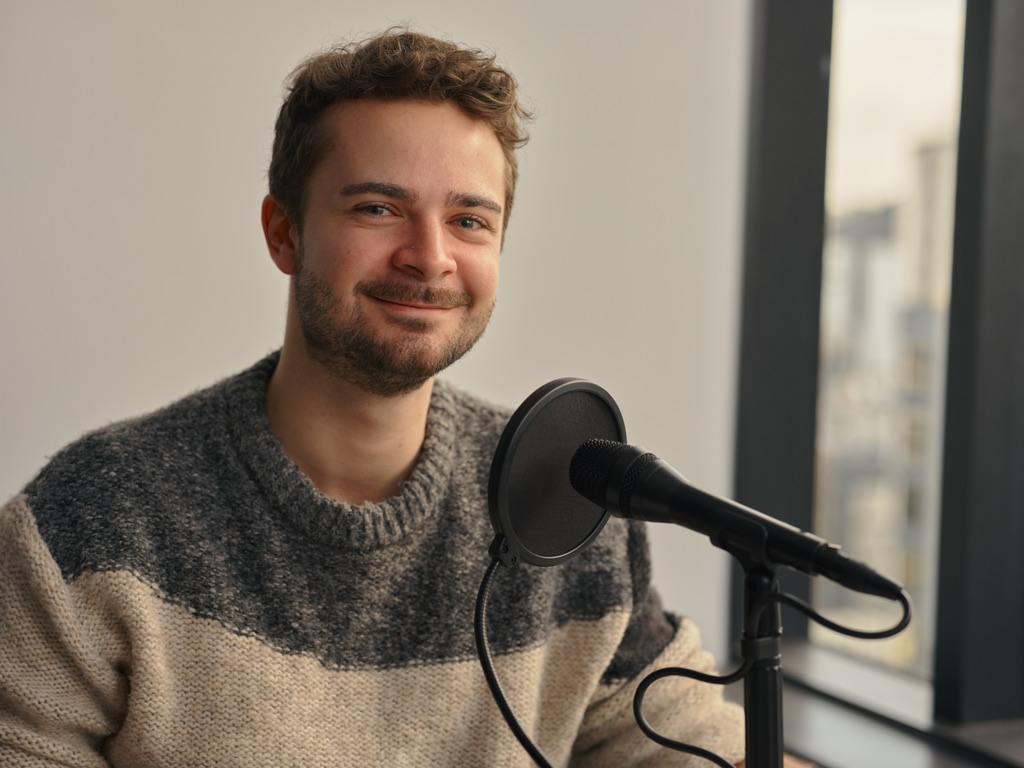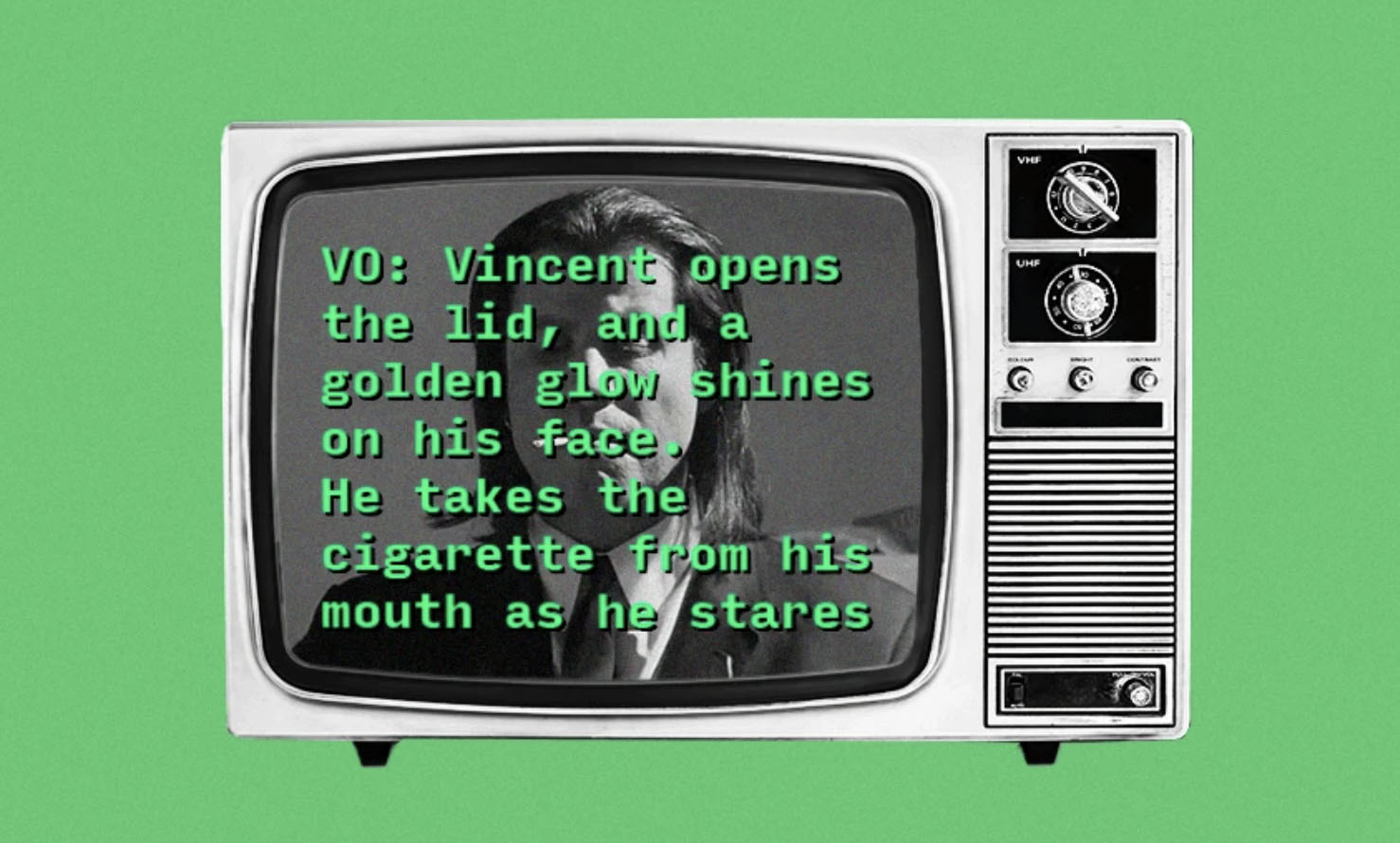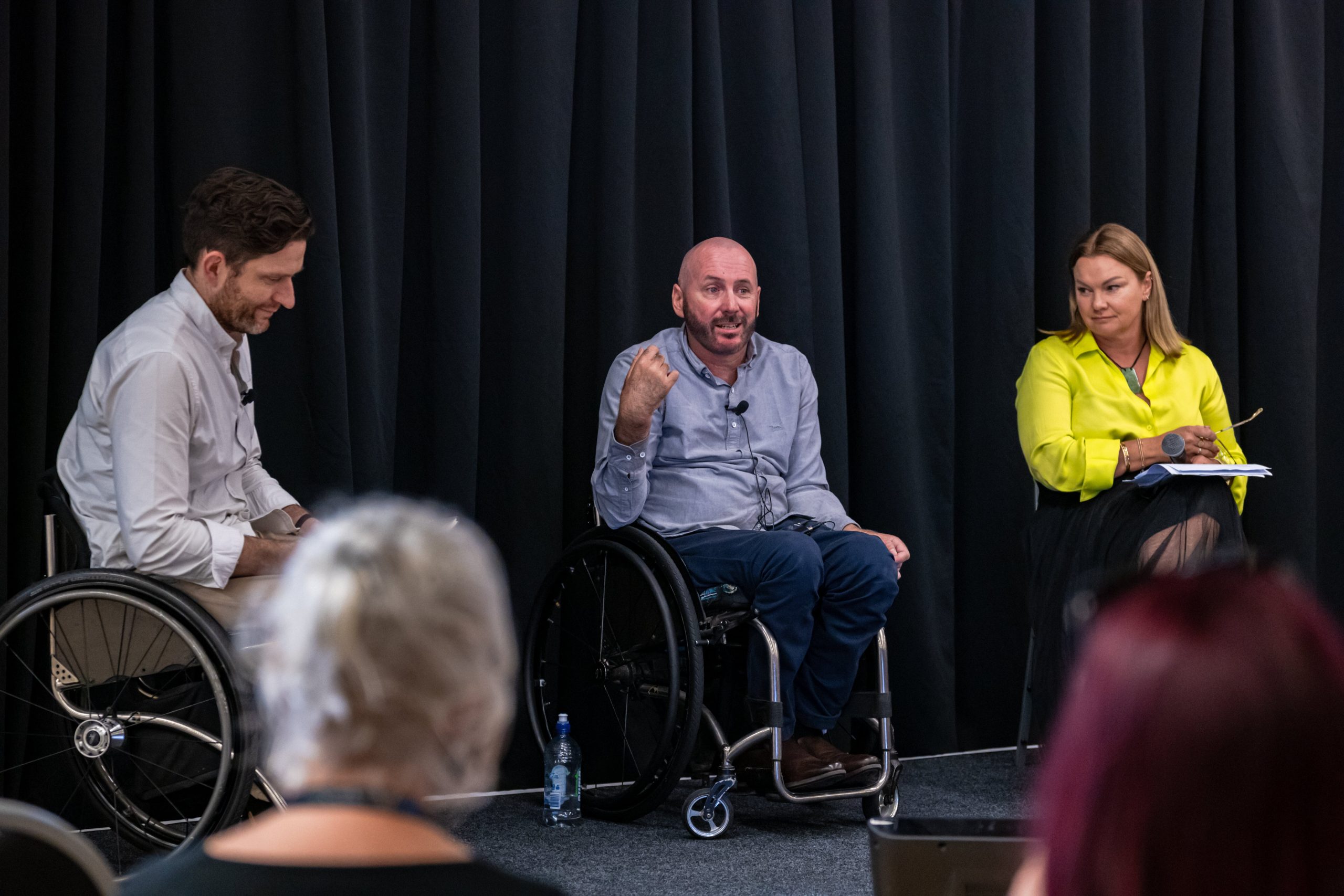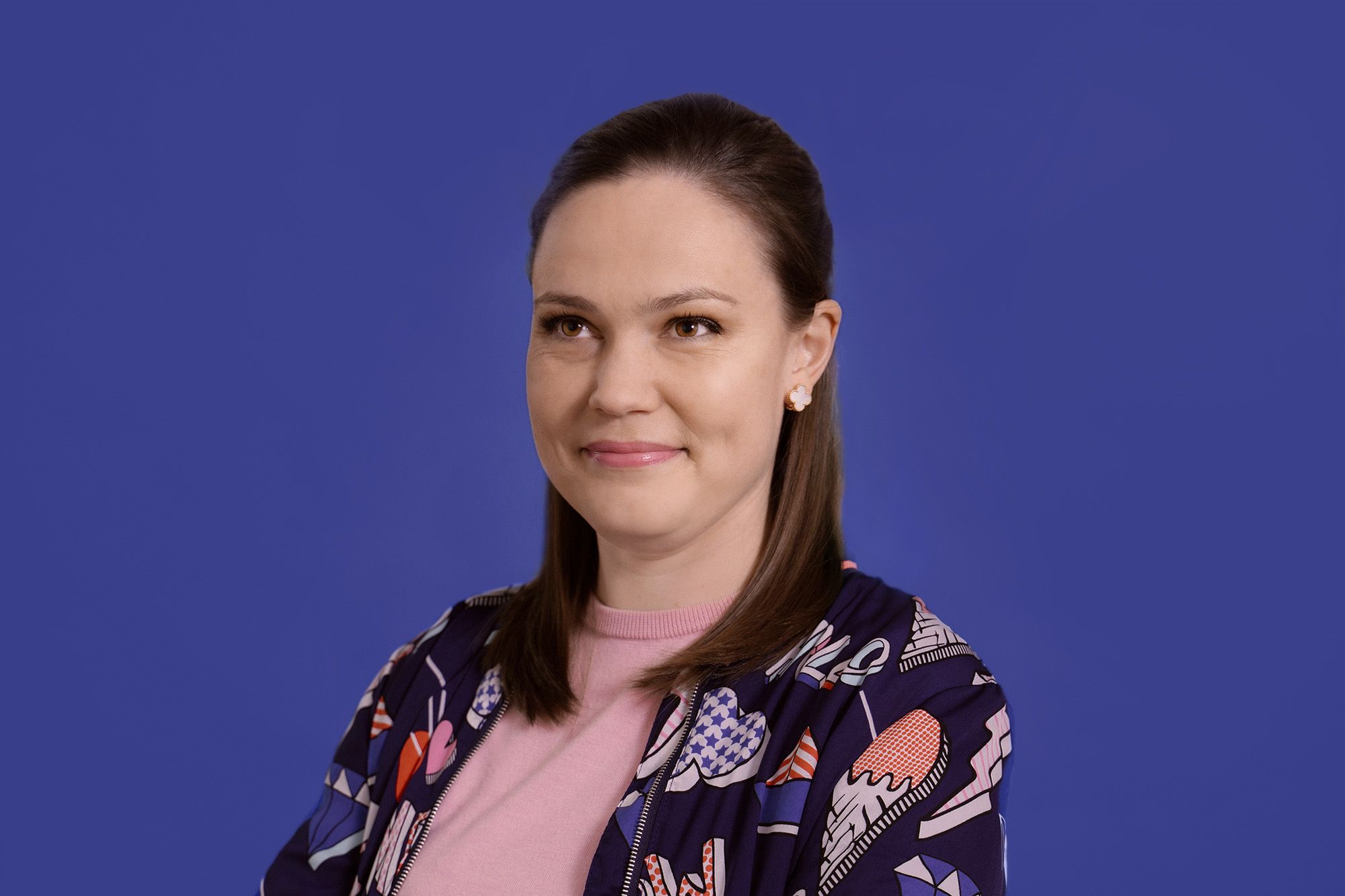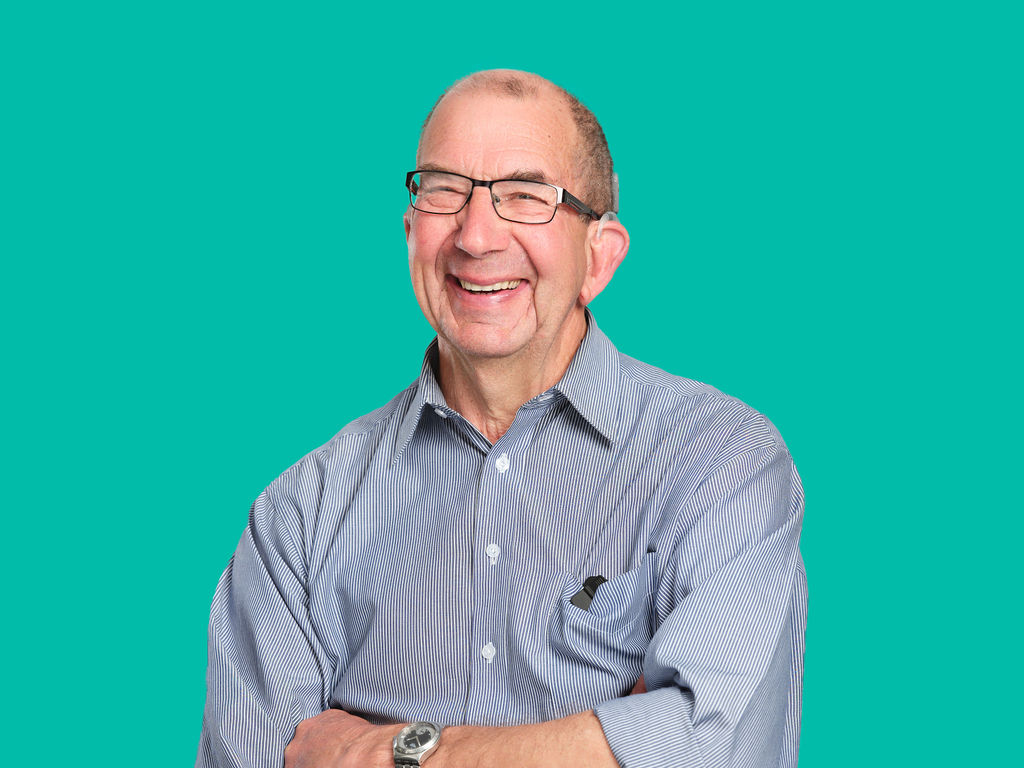Lewis Grant played a crucial role in supporting Able’s journey to become an independent charitable trust, and has continued to serve as Chair of the Media Access Charitable Trust Board since then. A nationally recognised expert in his field of private client, trusts and estates law, he was also, until recently, a partner at Martelli McKegg. Now retired from practicing law, he also serves on the board of the Auckland City Mission Foundation and on a number of other charitable trusts.
What was your recollection of that time when Able was being established? What were some of the challenges you had faced in getting set up?
I didn’t even know this service existed at the time. Miriam Dean, who was the then-Chairperson of NZ On Air, rang me and said, ‘Look, there’s a service that’s being discontinued by TVNZ.’ She explained a bit about it and said, ‘What are you suggesting could be done?’ And I said, well, I’d make it a charitable trust.
And so if you’d go down that line, look, I’d be happy to prepare it and get a trust deed through to the authorities for free – I wouldn’t charge for it, as the lawyer that did it. That was that. And then I think it was Miriam that came back to me and said, well, would you be involved? I’d just moved to Martelli McKegg, the firm that I spent the last 10 or 11 years with, and I just said, no, I’m really too busy to do that. I’ve got about 450 trusts and several charitable trusts I’m a trustee of; I really couldn’t do it justice. Then I think the then Minister of Broadcasting called me and said, ‘We’d like you to consider it.’ I told them I was getting old, and that I was busy with this new law firm.
Then Jane Wrightson rang me, the CEO of NZ On Air. And she’s fairly persuasive. It’s hard to say no to Jane. So I said to her, I’ll think about it over the weekend and I’ll get back to you. It got to that stage where she asked me to set it up. And then I thought, right, I’ll give them a list of wants that would make it so hard, they won’t want me to do it anyway. But then they got everything on my list.
So we did it – we got it set up, we moved offices, we kept all the staff. And the only question we got out of the staff, which I’ll never forget, is if there would be parking at the new offices.
It seemed like you had quite a lot of reservations – was there a motivator that ultimately drew you to being involved?
Well, there were probably two things. One, I couldn’t refuse Jane. And, two, I saw it as a bit of a challenge putting this all together.
What are some of the challenges you’ve had to help navigate Able through?
Somebody had to make quick decisions around the Covid lockdown period, and Wendy and I did work quite closely. There were extraordinary times during the Covid situation. For example, the Deaf and hard of hearing sector, which is very visual, had it tough – even local newspapers at times weren’t being published. And so they couldn’t even get up to date news. Audio description was a lot harder to work out how to do from home, as well.
We’re going through another challenge now of more digital and on demand content. That’s going to be a big challenge. And the most obvious challenge of all: to produce as much as possible with the funding we had.
What do you feel most proud of being a part of over your time in Able?
Well, setting it up for a start. We just didn’t know if that was going to happen. Right at the beginning, we wanted the library that TVNZ had transferred across to us, because we needed that, and they wanted us to pay for it. Jane [Wrightson] was at a meeting where it started that way, and then I think she said, ‘Leave this to me.’ And so we left the room and we went right down the other end of the building. We could hear very raised voices in this discussion. Long story short, she came out, and she said, ‘You’re not paying.’ But that’s Jane.
Two is that we have been able to keep growing the service that we’re providing for our sectors. And it’s always gone forward, not backwards.
And thirdly, is really just being able to continue the services at the level that we did during the Covid lockdowns.
So having seen it through from the beginning, are you happy with where Able is at the moment?
Yeah, I am. I am.
